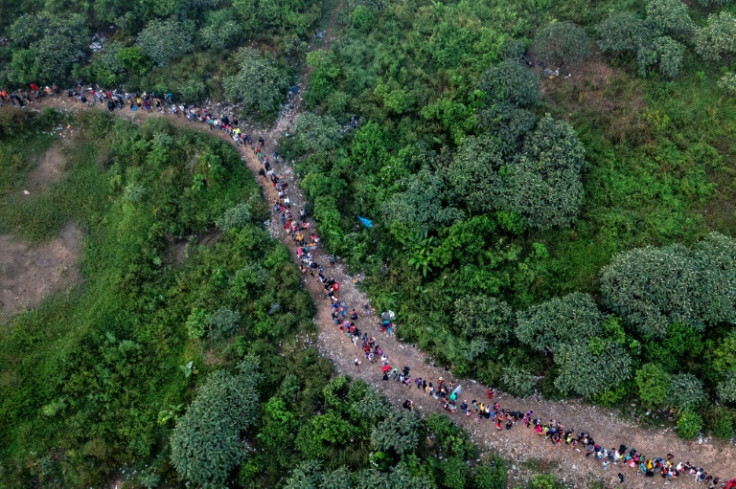
Unlawful immigration throughout Latin America is fueling human trafficking for organ removal, as criminal networks pray on this vulnerable groups for this purpose.
Kidneys are the organs most frequently trafficked, driven by the high demand resulting from increased rates of renal disease linked to diabetes, reported InSight Crime, adding that the dynamics of this predatory industry remain poorly understood due to underreporting and the challenges faced by authorities in combating the issue.
The International Diabetes Foundation reports that the number of people with diabetes aged 20 to 79 in Latin America rose from 8,533,300 in 2000 to 32,497,100 in 2021. This surge has not been matched by an increase in the supply of legally available kidneys, leading to long waiting lists and a burgeoning black market for illegal transplants.
Doctors across the region are receiving substantial financial incentives to perform illicit organ transplants. An anonymous person described to the outlet how, when she was a private hospital manager in Costa Rica, American brokers offered her $59,000 per patient for performing transplants that could not be conducted in the United States. Although she declined, she acknowledged that other private surgeons in Costa Rica might have accepted similar offers, given the country's advanced private medical sector.
Victims of organ trafficking often receive only a fraction of the profit from the sale of their organs, if any payment is made at all. In some instances, victims are coerced into recruiting others by withholding their payment. High-profile cases include the 2017 arrest of four doctors, a Greek businessman, and a local police officer in Costa Rica for running a kidney trafficking network, and the 2022 arrest of four Guatemalan doctors for misdiagnosing a patient to extract his kidney. However, underreporting and a lack of investigations mean concrete cases are rare.
The high social standing of doctors in Latin America helps mask these transactions as altruistic and consensual, although they are often highly exploitative. Victims are typically socially and economically marginalized men targeted by trafficking networks.
According to Aimée Comrie, project coordinator at the United Nations Global Action against Trafficking in Persons and the Smuggling of Migrants (GLO.ACT), the consent of these individuals is invalidated if influenced by fraud, coercion, or abuse of vulnerability, classifying them as victims of human trafficking regardless of any payment received.
Comrie noted that victims rarely access check-ups for their remaining kidney, leading to a cycle of poor health compounded by shame and social ostracism. Law enforcement frequently views organ trafficking as a discrete crime rather than a form of human trafficking, further complicating efforts to address the problem.
Moreover, many victims are unaware they were involved in a crime, leading to underreporting and a poor understanding of the issue's scope. Misinformation and deception, such as falsely telling victims they have three kidneys or that kidneys regenerate, further exacerbates this.
Advocates and experts are working to increase awareness, with the United Nations Office of Drugs and Crime (UNODC) introducing a toolkit in 2022 to encourage better legal understanding and communication between legal and medical professionals.
© 2025 Latin Times. All rights reserved. Do not reproduce without permission.





